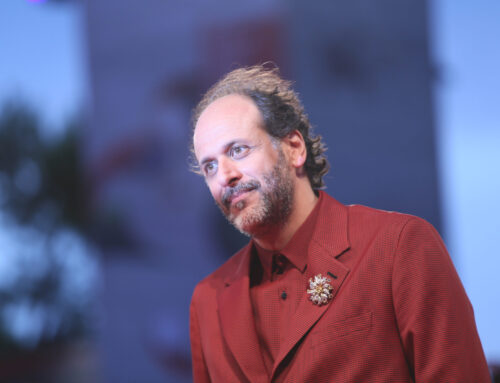Video Game Industry Faces Strike as AI Concerns Mount
Artificial intelligence was key to last year’s Hollywood strikes. Now has triggered (or should we say, generated?) a second walkout among actors in the larger, technology-driven video game industry. On Friday, the Screen Actors Guild (SAG-AFTRA) began its second strike in nine months, this time targeting major gaming companies that dominate an industry grossing well over $100 billion annually. While many of the demands remain consistent—consent and compensation for actors whose voices and movements are used by AI to create game characters—the current negotiations present unique challenges.
“They see us actors simply as data, but we are not!” stated Ray Rodriguez, the lead negotiator for the video game contract. “They’re getting performances that are nuanced, informed by the psychology of the character and the circumstances. That’s what makes them compelling and incredibly lucrative for them.”
SAG-AFTRA National Executive Director Duncan Crabtree-Ireland, once again leading the union’s negotiations, emphasized, “The video game industry generates billions of dollars in profit annually. The driving force behind that success is the creative people who design and create those games. This includes the SAG-AFTRA members who bring memorable and beloved game characters to life. They deserve and demand the same fundamental protections as performers in film, television, streaming, and music: fair compensation and the right of informed consent for the A.I. use of their faces, voices, and bodies.”
The strike comes after more than a year and a half of stalled negotiations, with video game companies showing a reluctance to appoint dedicated full-time negotiators. Rodriguez noted that these companies are “obsessed with secrecy,” which complicates efforts to reach a fair agreement. This secrecy, combined with sporadic negotiations, creates an environment where the use of AI can obscure the contributions of individual performers, making it challenging for them to track their work and secure appropriate compensation.
A particular concern for the union is the potential for AI to generate new characters or voices by merging the work of various actors without clear attribution or consent. This situation is seen as ripe for exploitation, with companies potentially using these ambiguities to create “loopholes” in their contractual obligations. This issue is especially pressing for those providing voices for non-player characters (NPCs) and other ancillary roles, often the first to be replaced by AI technologies. The outcome of this dispute could set a critical precedent for the rights of performers in the digital age.
SOURCE: Forbes
Share:
Artificial intelligence was key to last year’s Hollywood strikes. Now has triggered (or should we say, generated?) a second walkout among actors in the larger, technology-driven video game industry. On Friday, the Screen Actors Guild (SAG-AFTRA) began its second strike in nine months, this time targeting major gaming companies that dominate an industry grossing well over $100 billion annually. While many of the demands remain consistent—consent and compensation for actors whose voices and movements are used by AI to create game characters—the current negotiations present unique challenges.
“They see us actors simply as data, but we are not!” stated Ray Rodriguez, the lead negotiator for the video game contract. “They’re getting performances that are nuanced, informed by the psychology of the character and the circumstances. That’s what makes them compelling and incredibly lucrative for them.”
SAG-AFTRA National Executive Director Duncan Crabtree-Ireland, once again leading the union’s negotiations, emphasized, “The video game industry generates billions of dollars in profit annually. The driving force behind that success is the creative people who design and create those games. This includes the SAG-AFTRA members who bring memorable and beloved game characters to life. They deserve and demand the same fundamental protections as performers in film, television, streaming, and music: fair compensation and the right of informed consent for the A.I. use of their faces, voices, and bodies.”
The strike comes after more than a year and a half of stalled negotiations, with video game companies showing a reluctance to appoint dedicated full-time negotiators. Rodriguez noted that these companies are “obsessed with secrecy,” which complicates efforts to reach a fair agreement. This secrecy, combined with sporadic negotiations, creates an environment where the use of AI can obscure the contributions of individual performers, making it challenging for them to track their work and secure appropriate compensation.
A particular concern for the union is the potential for AI to generate new characters or voices by merging the work of various actors without clear attribution or consent. This situation is seen as ripe for exploitation, with companies potentially using these ambiguities to create “loopholes” in their contractual obligations. This issue is especially pressing for those providing voices for non-player characters (NPCs) and other ancillary roles, often the first to be replaced by AI technologies. The outcome of this dispute could set a critical precedent for the rights of performers in the digital age.
SOURCE: Forbes










 English
English Italiano
Italiano